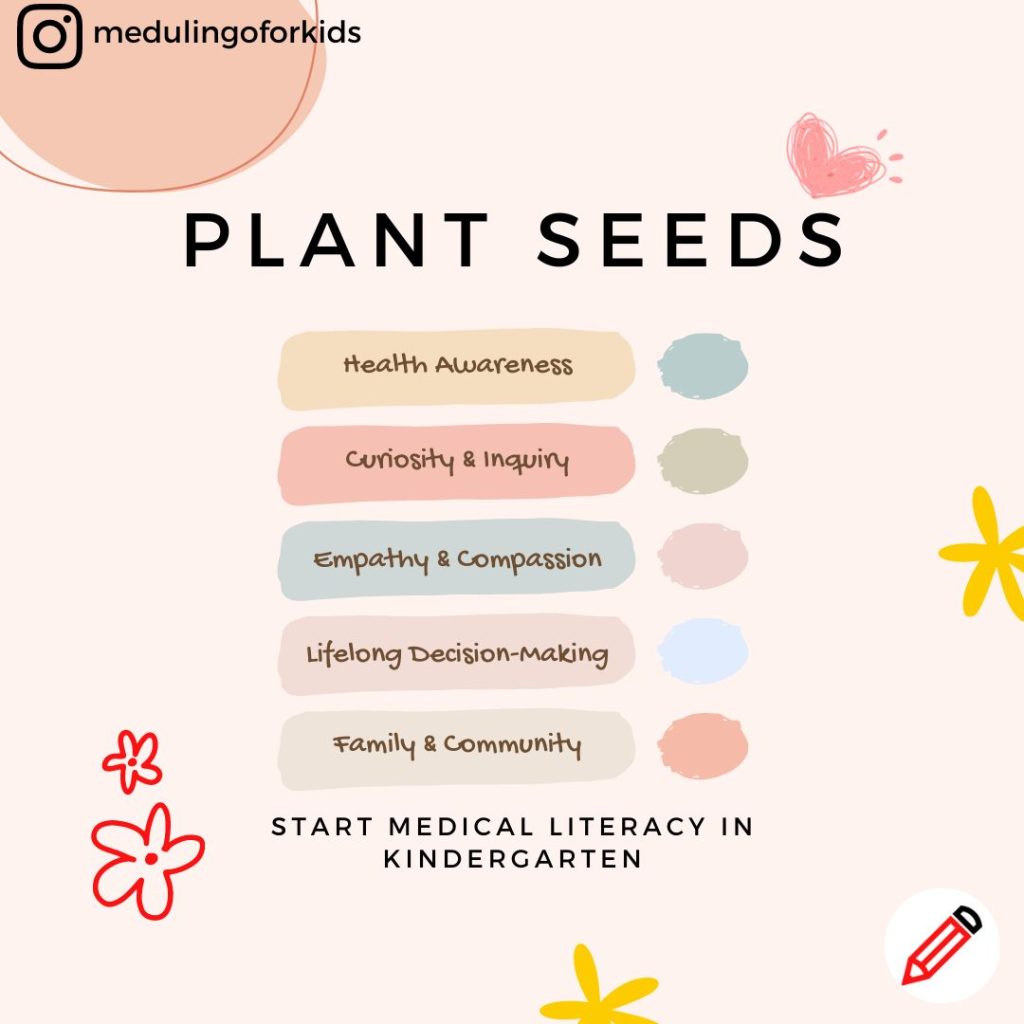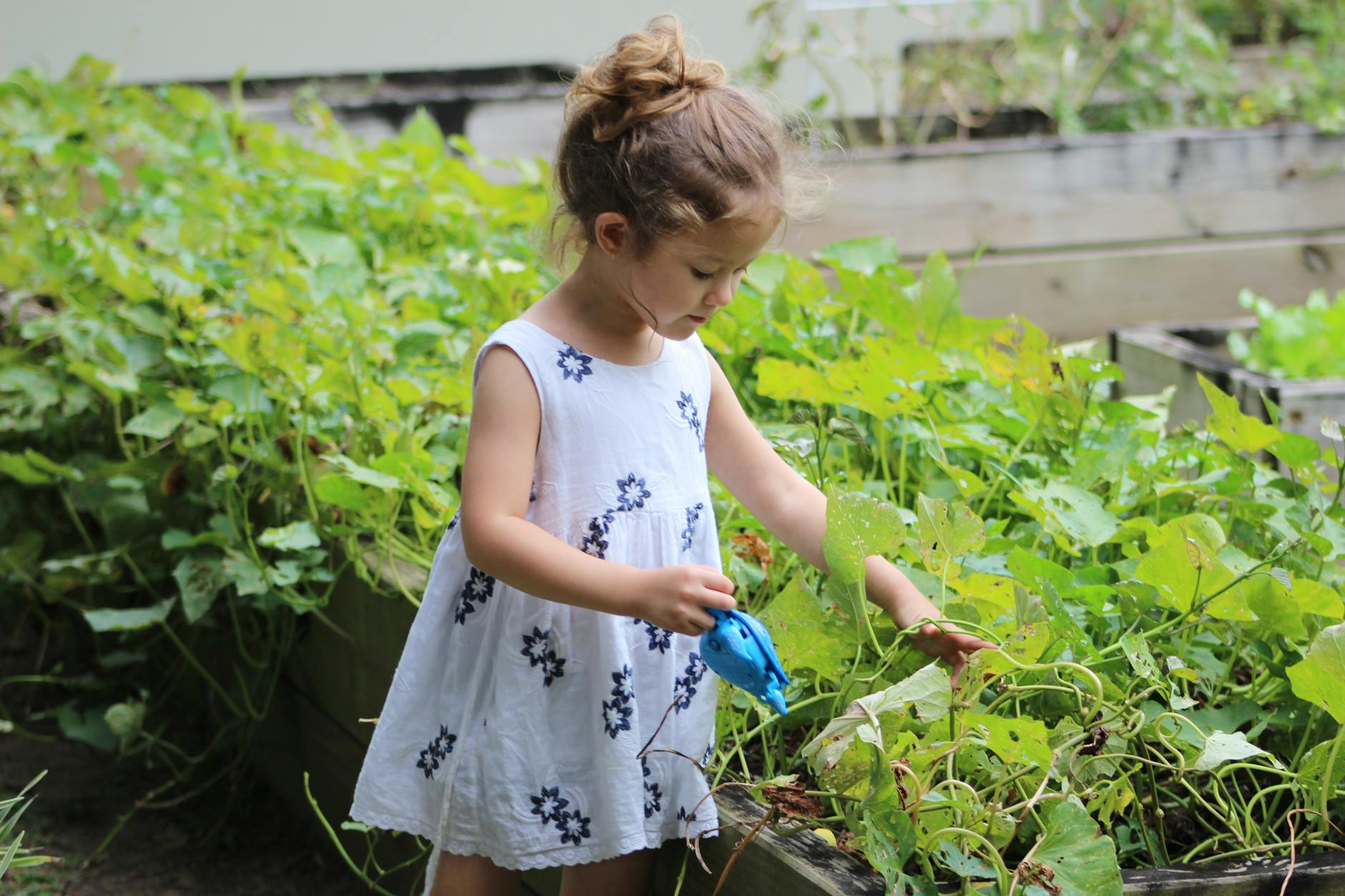In the landscape of education, early childhood serves as a pivotal period of growth, discovery, and foundational learning. As we navigate an increasingly complex healthcare landscape shaped by advancements in science, technology, and medicine, the importance of instilling medical literacy from kindergarten emerges as a transformative pathway towards building healthier, more informed communities. From fostering a culture of health and wellness to empowering young learners with essential knowledge and skills, starting medical literacy instruction in kindergarten offers a myriad of benefits that lay the groundwork for lifelong health and well-being.

1. Building a Foundation of Health Awareness
Kindergarten marks the beginning of a child’s formal education journey—a time ripe with opportunities to instill foundational habits of health and wellness. By introducing basic concepts of anatomy, hygiene, safety, and preventive healthcare practices, educators lay the groundwork for cultivating a culture of health awareness and self-care from an early age. Through age-appropriate activities, discussions, and hands-on experiences, children develop an understanding of the human body, its functions, and the importance of maintaining overall well-being—a foundation essential for navigating the complexities of healthcare in the years ahead.
2. Nurturing Curiosity and Inquiry
Kindergarten serves as a fertile ground for nurturing curiosity, inquiry, and a love for learning. By integrating medical literacy into the curriculum through storytelling, exploration, and play-based activities, educators ignite the spark of curiosity in young minds, inspiring children to ask questions, seek answers, and explore the wonders of the human body. From examining X-rays to learning about the circulatory system, children embark on a journey of discovery that fosters a natural inclination towards scientific inquiry, critical thinking, and problem-solving—a skill set essential for navigating the complexities of healthcare and scientific knowledge in the years to come.
3. Promoting Empathy and Compassion
At the heart of medical literacy lies the capacity for empathy and compassion towards oneself and others. Through stories, discussions, and role-playing activities, kindergarten provides an environment for cultivating empathy, kindness, and respect for diversity. Children learn to recognize and appreciate the unique needs and experiences of others, fostering a sense of empathy and compassion that extends beyond the classroom walls. By nurturing a culture of empathy and inclusion from kindergarten, educators lay the groundwork for fostering healthy relationships, promoting social-emotional well-being, and building supportive communities grounded in empathy and understanding.
4. Empowering Lifelong Decision-Making Skills
Starting medical literacy instruction in kindergarten empowers children with essential knowledge and skills to make informed decisions about their health and well-being. From learning how to wash their hands to understanding where their food comes from, children acquire practical self-care skills and habits that promote lifelong health and wellness. By fostering a sense of agency and autonomy in making health choices, educators equip children with the tools they need to navigate the complexities of healthcare, media, and information in the digital age—a foundation essential for self-care and empowering individuals to take charge of their health journey.
5. Fostering Family and Community Engagement
The benefits of starting medical literacy instruction in kindergarten extend beyond the classroom, fostering opportunities for family and community engagement in promoting health and well-being. By involving parents, caregivers, and community members in health education initiatives, educators create a shared sense of responsibility and collective action towards building healthier, more resilient communities. From family wellness workshops to community health fairs, families and communities become active participants in promoting medical literacy, advocating for policies, and practices that prioritize the health and well-being of all.
Start Medical Literacy in Kindergarten
In conclusion, the case for starting medical literacy instruction in kindergarten is compelling, shaping the trajectory of individual self care, health, and community well-being for generations to come. By empowering young learners with essential knowledge, skills, and attitudes to make informed decisions about their health, educators lay the groundwork for a future where every individual has the opportunity to thrive. As we embark on this journey of discovery and growth, let us embrace the transformative power of medical literacy in kindergarten, nurturing a generation of health-conscious, compassionate, and empowered global citizens.
===
Interested in teaching medical literacy pain free? Shop medical literacy resources!

This article was drafted by ChatGPT and edited by Joan Lee Tu, the founder of MedULingo.com.
You may also be interested in the following articles:
Medical Literacy from Kindergarten: Builds a Foundation for Lifelong Learning
Planting Seeds: The Case for Starting Medical Literacy in Kindergarten
Cultivating Allergy Awareness from Kindergarten with Medical Literacy
Planting Seeds: The Case for Developing Medical Literacy on Allergies in Kindergarten
The Benefits of Developing Medical Literacy About Dermatitis from Kindergarten
Planting Seeds: The Case for Medical Literacy on Dermatitis from Kindergarten
Cultivating Lifelong Learning in Medical Literacy: From Kindergarten to Old Age
Fostering Wellness: The Importance of Medical Literacy in Kindergarten Education
Embracing Health: The Benefits of Medical Literacy in Kindergarten Education

